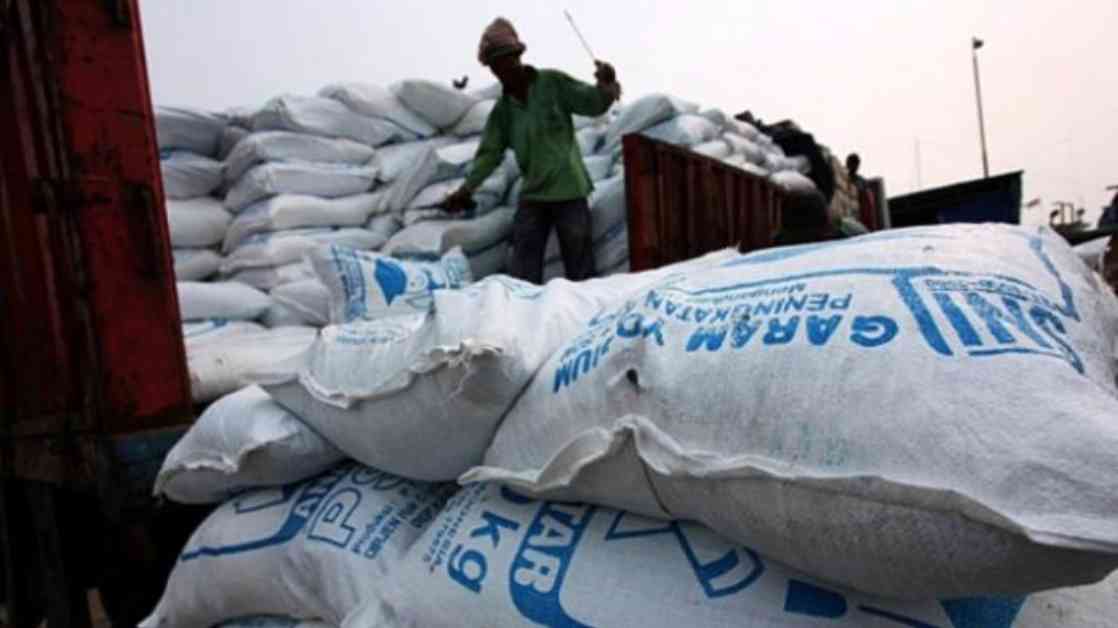Support from House of Representatives to Boost Local Salt Production
In a bid to strengthen domestic salt production and reduce imports, Vice Chairman of Commission IV of the House of Representatives, Ahmad Yohan, has thrown his full support behind the government’s efforts. Yohan emphasized the importance of enhancing both the quality and quantity of local salt production to meet domestic demands and eliminate the need for imports by 2027.
Yohan expressed his support during a press statement on Saturday, January 11, 2025, stressing the significance of utilizing Indonesia’s geographical advantage as a maritime nation with 60% of its territory consisting of sea. He highlighted the immense potential for salt production to cater to the country’s needs without relying on imports.
The politician from the National Mandate Party (PAN) raised concerns about the adverse impact excessive salt imports could have on local salt farmers, urging for a shift towards self-sufficiency in salt production. Yohan commended Minister of Coordinating Maritime Affairs, Zulkifli Hasan, for his efforts to bolster local salt production and reduce dependency on imports.
With the aim of achieving salt self-sufficiency by 2027, Yohan conveyed the high appreciation of Commission IV of the House of Representatives for the government’s initiatives in this regard. He remained optimistic about the prospects of reaching this goal within the stipulated timeline.
### Quality of Local Salt Surpasses Imports
Yohan refuted claims made by the food and beverage industry regarding the inferior quality of local salt, asserting that domestic salt quality exceeds that of imported varieties. He emphasized that the sodium chloride (NaCl) content in local salt stands at an impressive 98%, surpassing the minimum requirement of 95-97% for salt used in the food and beverage sector.
The superior quality of local salt positions the government to gradually reduce salt imports and potentially eliminate them altogether in the future, as per Yohan’s assertions. This move aligns with the government’s strategy to curtail the quota for industrial salt imports from 2.5 million tons to 1.7 million tons in 2025, as announced by Minister of Maritime Affairs and Fisheries, Zulkifli Hasan.
### Commitment to Achieve Self-Sufficiency
Minister Hasan reiterated the government’s commitment to intensify salt production over the next two years, aiming to reach self-sufficiency in salt by 2027. The concerted efforts by various stakeholders, including the House of Representatives, government officials, and industry players, underscore the collective resolve to bolster the local salt industry and reduce dependency on imports.
As Indonesia navigates towards achieving salt self-sufficiency, the collaborative approach adopted by policymakers and industry leaders is poised to yield significant results in fortifying the country’s salt production capabilities. The concerted efforts to enhance local salt production bode well for ensuring food security and economic sustainability in the long run.
By prioritizing domestic production and reducing reliance on imports, Indonesia is poised to carve a path towards self-sufficiency and resilience in the salt industry. The unwavering commitment of key stakeholders to elevate local salt production underscores a shared vision for a sustainable and self-reliant future.














